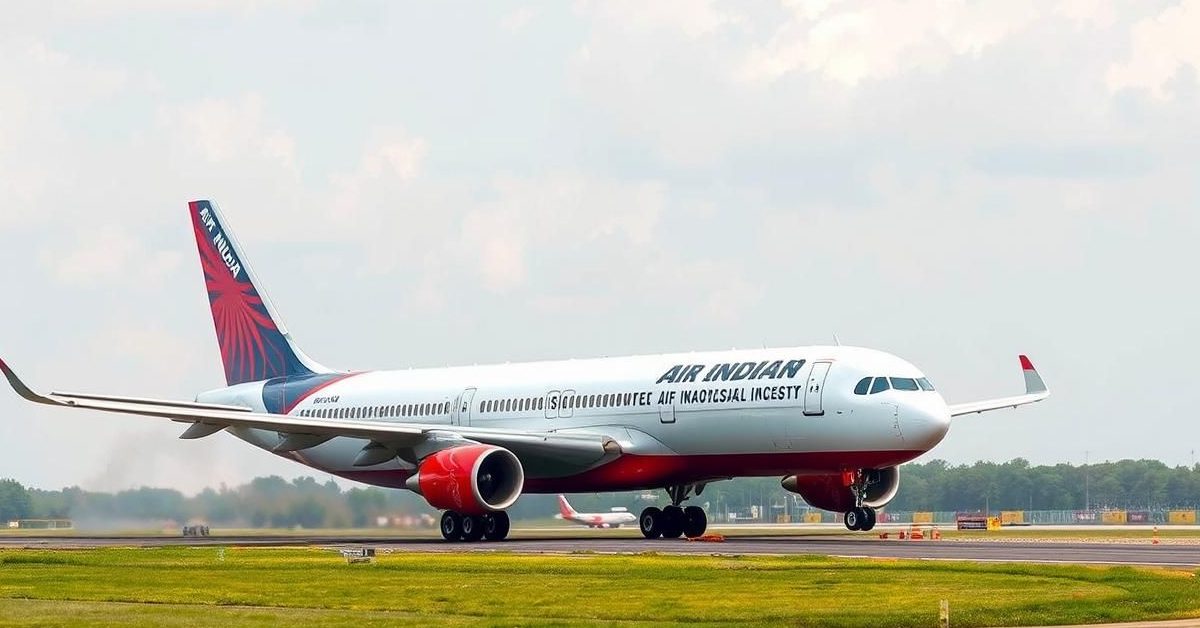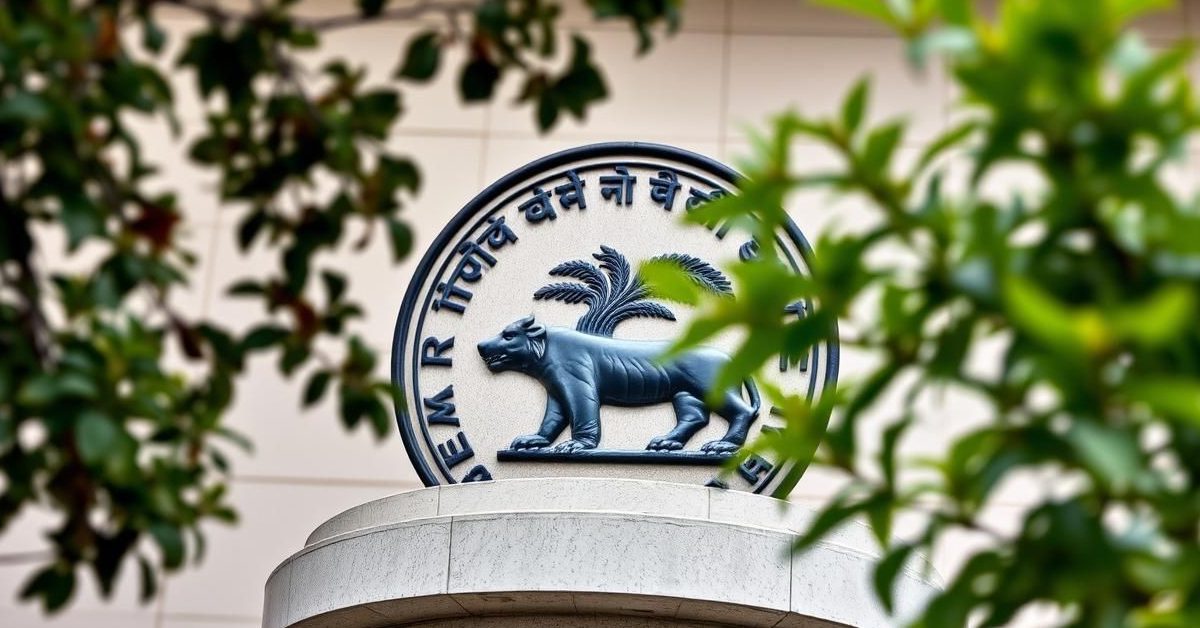The chief of India’s Aircraft Accident Investigation Bureau (AAIB) has strongly urged the public and media to avoid spreading unverified claims about the ongoing probe into the tragic Air India flight AI 171 crash.
AAIB Chief Condemns “Irresponsible” Reporting
AAIB Director General GVG Yugandhar made his first public statement since the devastating June 12 crash in Ahmedabad. He specifically criticized certain international media outlets for attempting to draw conclusions based on “selective and unverified reporting.” Yugandhar labeled such actions as “irresponsible,” especially while the investigation remains active.
He emphasized that the preliminary report, released earlier, only aims to provide information on “what happened” during the accident. It is simply too early, he stated, to reach any definite conclusions. The final report will delve into the root causes of the crash.
Understanding the Initial Findings
The AAIB’s preliminary investigation report, released a month after the incident, offered crucial details. It indicated that the Air India Boeing 787-8 aircraft crashed after both its engines were starved of fuel. This occurred because the two fuel control switches transitioned from ‘RUN’ to ‘CUTOFF’ position within a second of each other, just moments after takeoff.
Recordings from the cockpit voice recorder revealed one pilot asking the other why the fuel was cut, to which the second pilot responded that they had not done so. The report, however, did not explicitly state that these switches were physically moved by either pilot. It simply used the term “transitioned” to describe the change in mode.
Why Patience and Accuracy Matter
Yugandhar stressed the importance of respecting the immense loss faced by the families of the deceased. He warned against creating public anxiety or undermining the integrity of the investigation based on unfounded facts. The AAIB chief reiterated that the investigation into this “most devastating accident in recent aviation history” is being conducted rigorously and professionally, adhering to international protocols.
The bureau also confirmed it would publish updates of technical and public interest as and when required. This aims to counter the scarce flow of official information that some experts and industry watchers had previously flagged.
The Path Forward for Investigators
Experts suggest that investigators must now focus on uncovering the precise reason behind the transition of the fuel control switches. This involves determining whether the switches were moved inadvertently by a pilot, or if a technical, mechanical, or software issue triggered the change. The preliminary report did not issue any recommendations to other operators of the Boeing 787-8, suggesting investigators currently don’t believe there’s a systemic issue with the aircraft or its engines.
- India’s AAIB urges media and public to avoid premature conclusions on the Air India 171 crash probe.
- The preliminary report details “what happened” (fuel cut-off) but clarifies it’s too early for “why.”
- Spreading unverified information is deemed “irresponsible” and can undermine the investigation’s integrity.
- The investigation is ongoing, and the final report will identify the root causes of the tragedy.
A thorough and unbiased investigation is crucial to understanding the complexities of such a disaster and ensuring that future aviation safety can be further enhanced.














